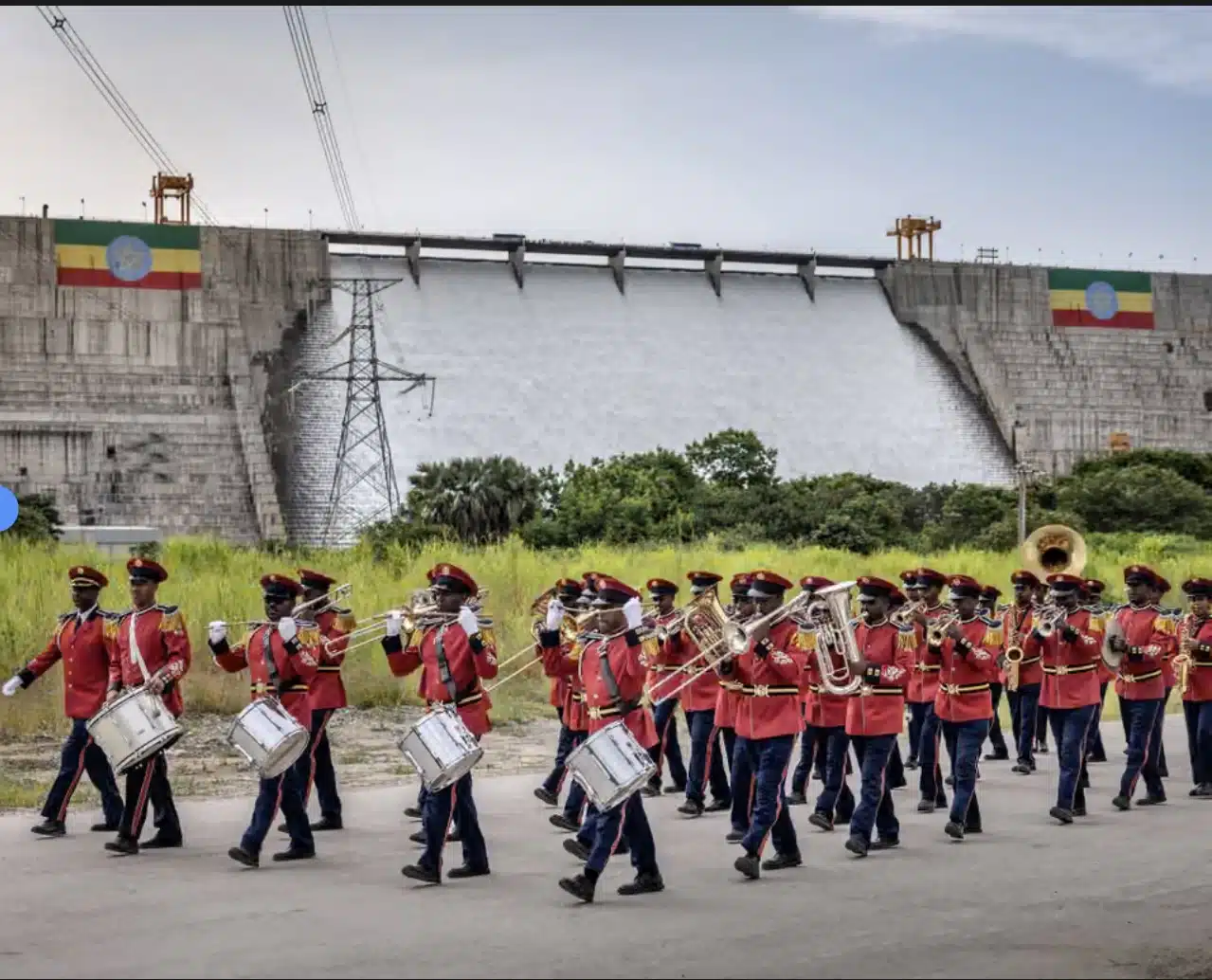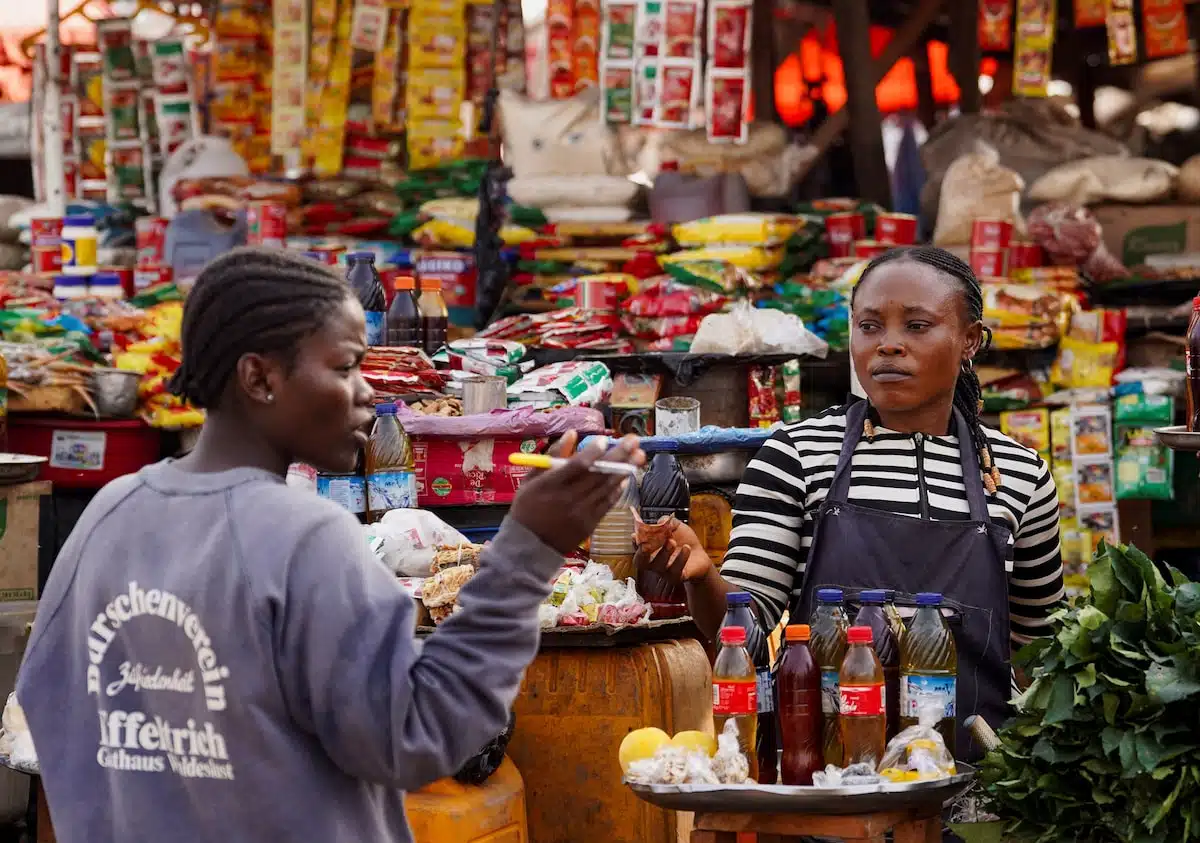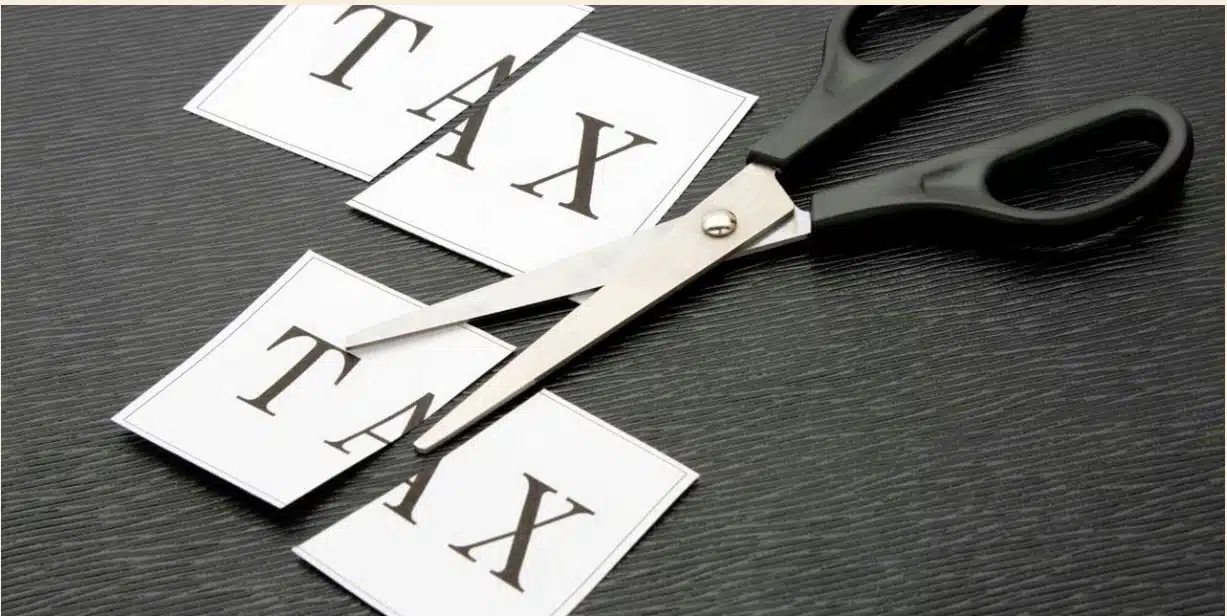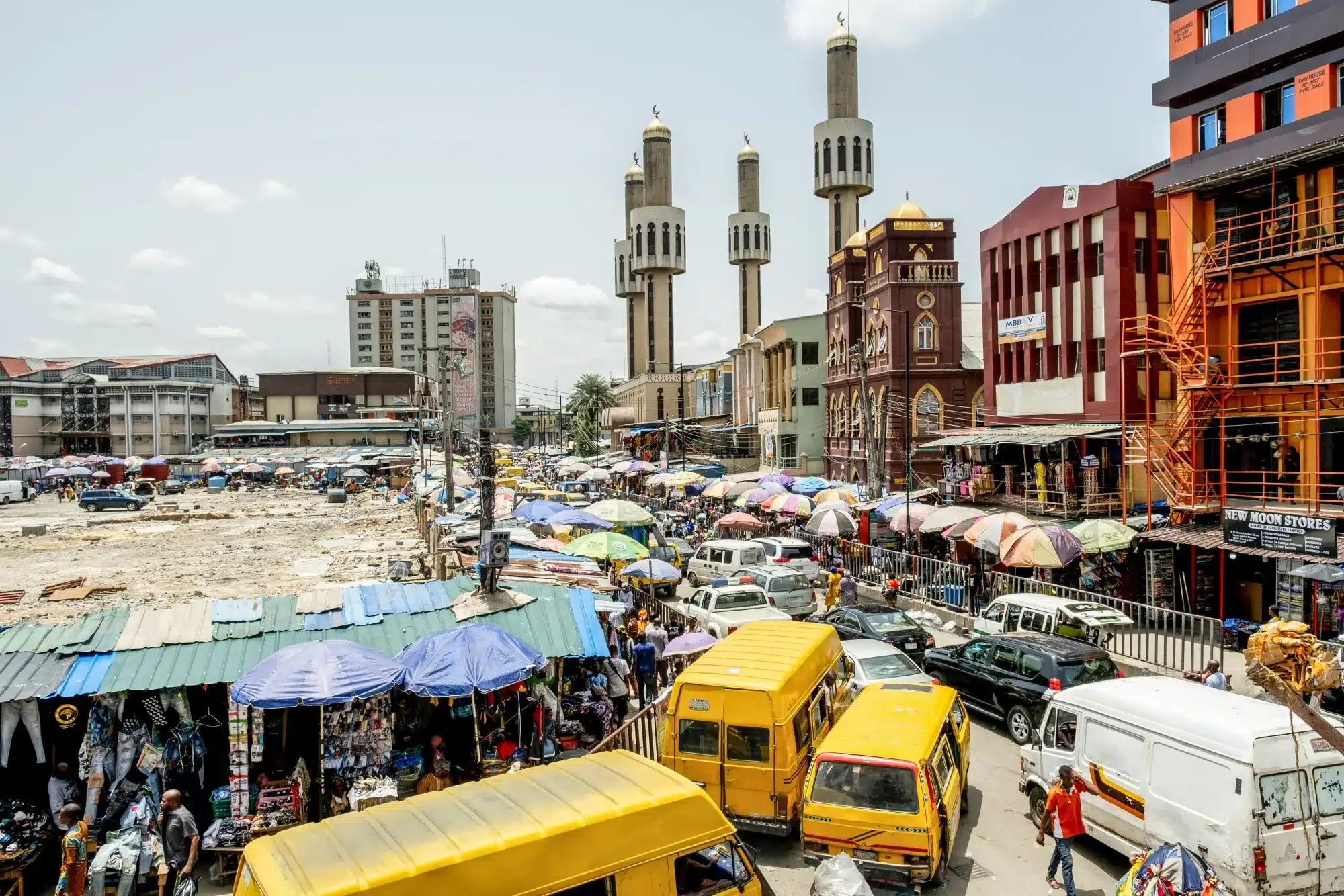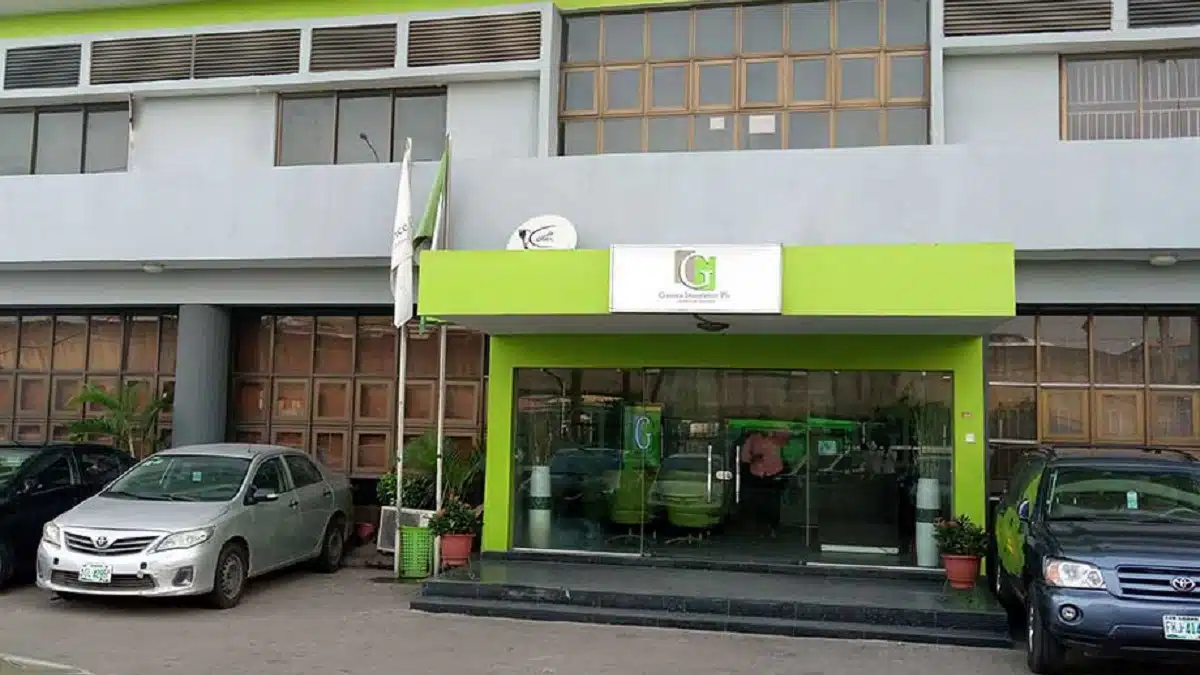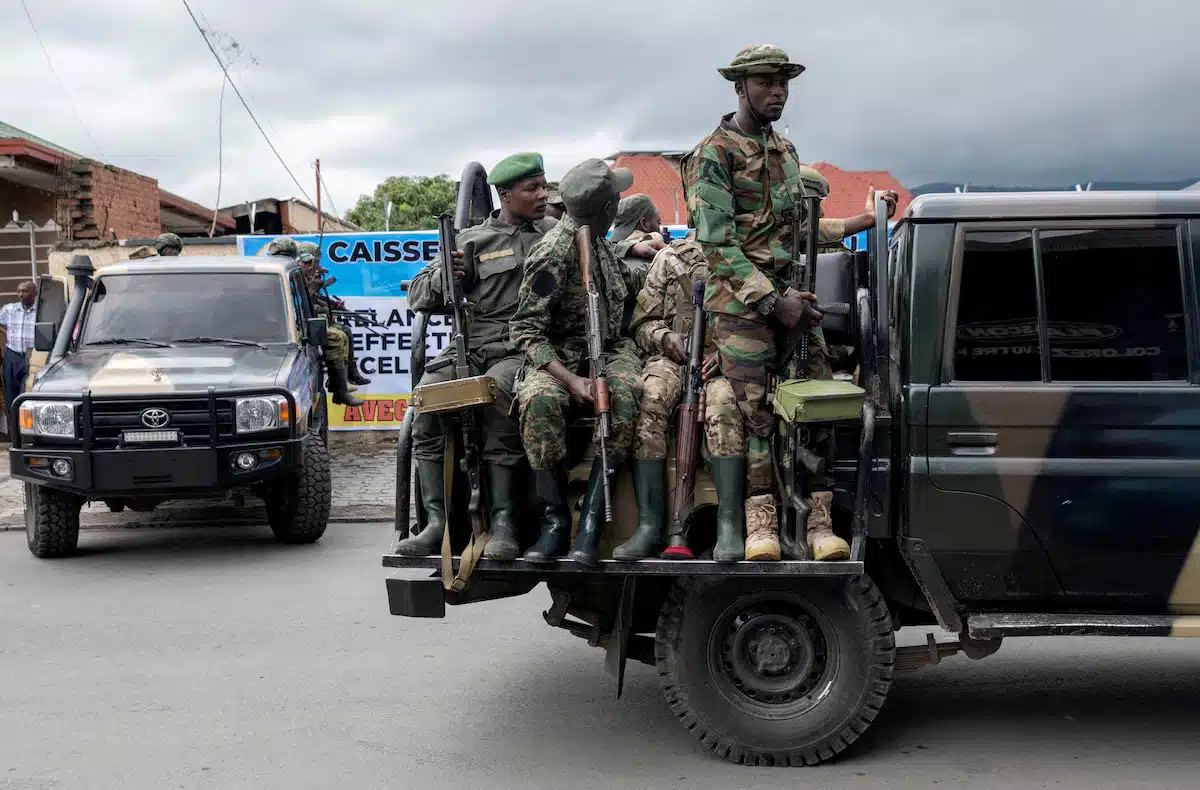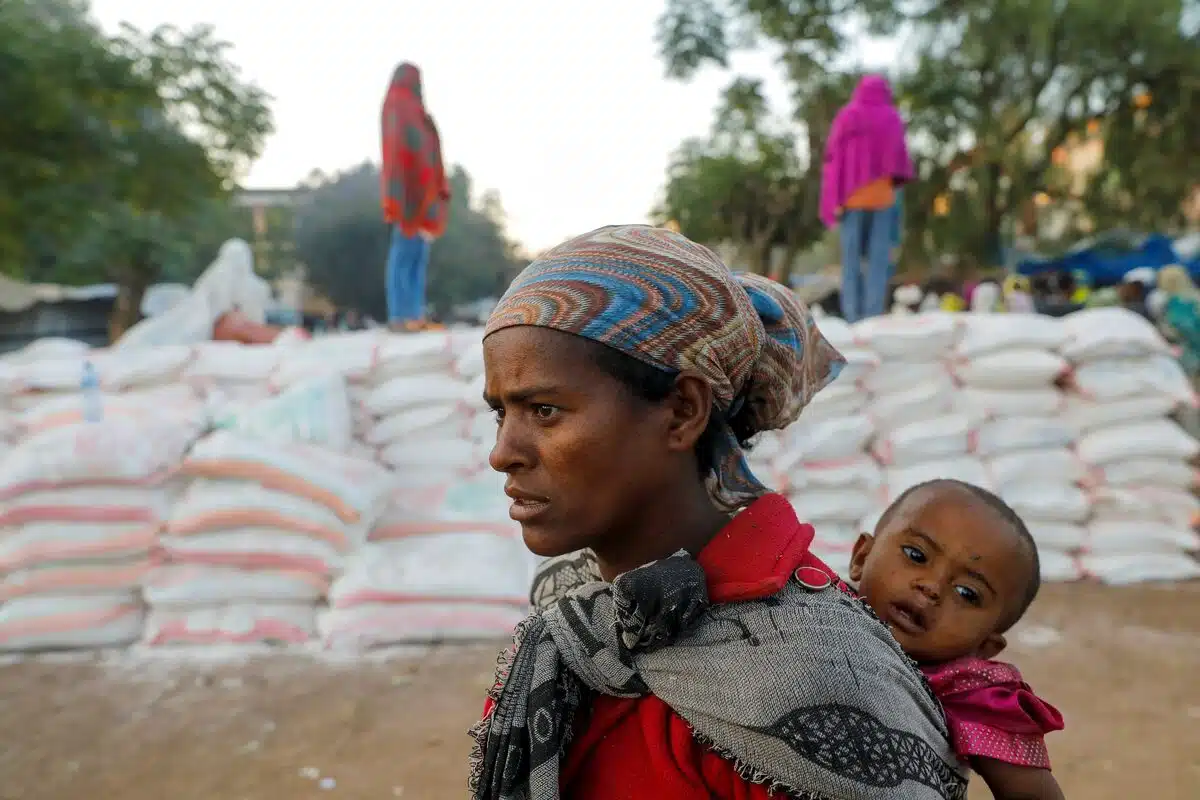Ethiopia has inaugurated the $5 billion Grand Ethiopian Renaissance Dam (GERD), Africa’s largest hydroelectric project, positioning itself as a regional power hub even as disputes with downstream neighbours persist.
The launch took place on Tuesday at Guba, on the eve of the country’s 2018 new year, with Abiy Ahmed, the nation’s prime minister, leading the ceremony.
Abiy hailed the GERD as central to the nation’s development ambitions, promising it would both electrify Ethiopia and provide surplus power to neighbours.
“To our (Sudanese and Egyptian) brothers; Ethiopia built the dam to prosper, to electrify the entire region and to change the history of black people,” he told the crowd. “It is absolutely not to harm its brothers.”
With an installed capacity of 5,150 megawatts, the project now ranks among the world’s 20 biggest hydro dams — about one-quarter the size of China’s Three Gorges Dam.
Two turbines are already operational, generating 750 MW. The dam’s vast reservoir, which has submerged an area larger than Greater London, is expected to regulate floods and sustain irrigation, according to the government.
Beyond its scale, the GERD marks a turning point in Ethiopia’s electrification drive. As recently as 2022, nearly half of the country’s 120 million people lacked access to electricity.
Officials say the new capacity will close much of that gap while creating export opportunities across East Africa.
The financing has been a point of national pride. Unlike other mega-projects on the continent, the hydro project relied entirely on domestic resources.
The Commercial Bank of Ethiopia provided 91% of the total cost, with the balance covered by public bonds, donations and voluntary contributions.
Nile tensions deepen
Still, the project has deepened long-running tensions along the Nile.
Egypt, which depends on the river for 90% of its freshwater, argues the dam threatens its supply during drought periods.
Cairo has maintained the dispute violates colonial-era water treaties and has written to the United Nations Security Council warning of “existential” risks.
“Egypt reserves the right to take all the appropriate measures to defend and protect the interests of the Egyptian people,” its foreign ministry said.
Sudan has also warned that Ethiopia’s unilateral management of GERD could threaten the safety of its Roseires Dam downstream if water is released without coordination.
In addition, the northern African nation has pushed back against broader mediation efforts, insisting negotiations remain within the trilateral framework.
AU seeks resolution to water disputes
The African Union has urged the three nations to return to the table.
Speaking at the inauguration, Moussa Faki Mahamat, AU Commission Chairperson, called for dialogue under the 2015 Khartoum Declaration of Principles, an agreement signed by the three countries that set ground rules for operating the dam.
He argued the GERD should be seen as part of Africa’s broader infrastructure and renewable energy drive under Agenda 2063, citing joint management of the Senegal River by Senegal, Mali and Mauritania as a model for cooperation.
Analysts say Ethiopia’s demonstration that the dam can operate without major disruption could open space for compromise, but questions on drought provisions remain unresolved.
For now, GERD marks both a new chapter in Ethiopia’s push for energy independence and the start of another round in a dispute that has gripped the Nile Basin for more than a decade.

